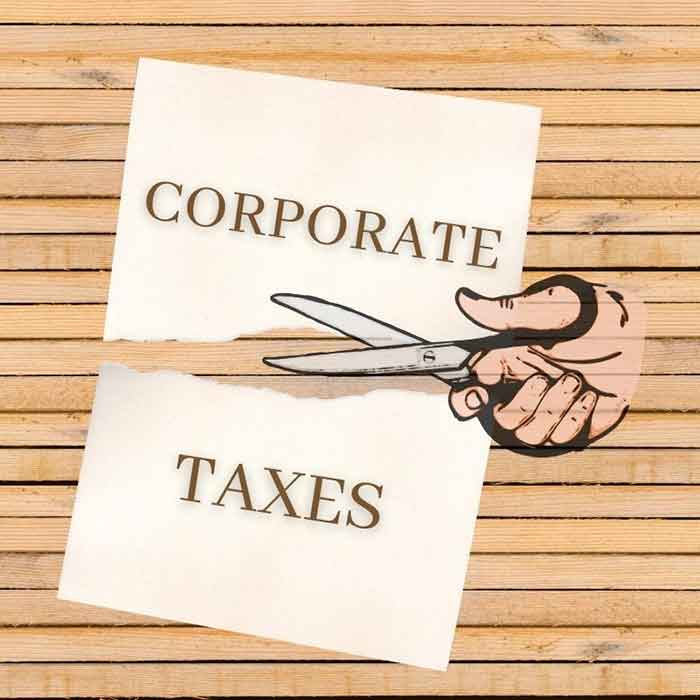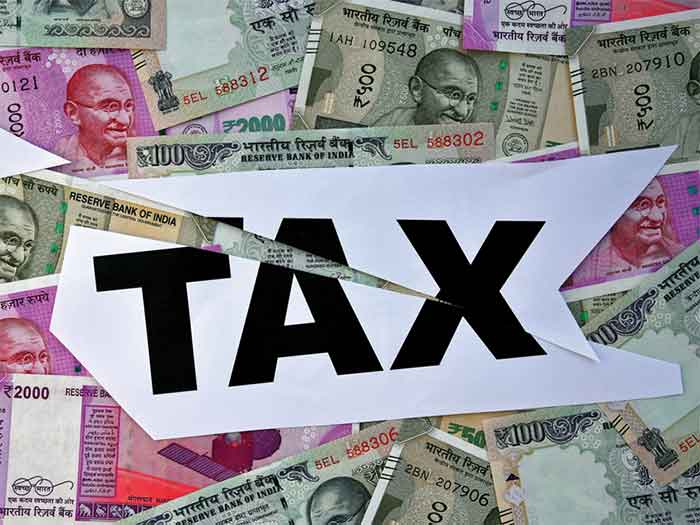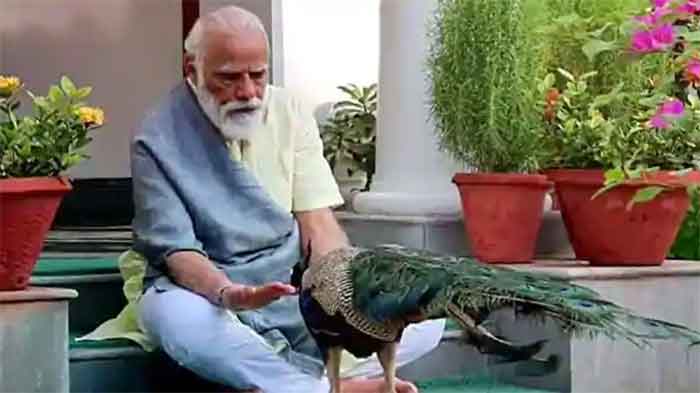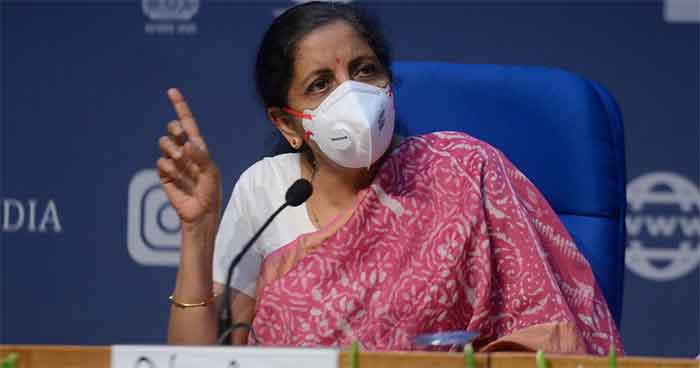
Coronavirus could have sounded the death knell for capitalism. The Economic Times called it a time of “ethical reboot,” while New Statesman invoked “the need for an entirely new economic system” of governance. This could have become our new reality, if not for the governments all over the world swooping in to rescue their most beloved—The Corporates.
Our current business-centric, profit-driven economic system works in a way that makes the government subservient to business interests. The immediate failure of this system to maintain stability in a pandemic has threatened a recession, compelling the government to bail out companies by granting loans and delaying their repayment of debt, much like the 2008 financial crisis.
India’s fiscal deficit is likely to be at an all-time high, and may even be underreported due to off-balance sheet borrowings. The central bank’s solution to this? Either print more money, which can have repercussions for a developing country like ours, or offer stimulus packages to big business, to finance a virtually collapsing financial system.
Reserve Bank of India (RBI)’s former deputy head Viral Acharya, in an interview with The Wire recently, talked about the immense pressure the central bank was facing. There is no doubt that the RBI finds itself in a precarious position.
However, I am not here to talk about the loan moratoriums or the newly announced debt-restructuring scheme. Much has been said for and against them, already. What concerns me now is — Prime Minister Narendra Modi’s announcement last month — hailing the reduction in base corporate taxes from 30 percent to 22 percent, a cutback of almost Rs 1.5 lakh crore in direct tax collections last year, as revolutionary. People have celebrated this policy; I deem it concerning.
Experts arguing that corporate tax cuts increase investment and create jobs thus benefiting the economy forget one thing – the government can create jobs on its own, by using the tax revenues to invest in public infrastructure. On the other hand, investments won’t be profitable for the private sector in the backdrop of a depleting consumer demand, leading them to sit on cash.
Let’s not forget that it is capitalism that has left us with a dilapidated public sector and dwindling healthcare resources during the ongoing pandemic. Private companies have not come to the rescue of the poor and vulnerable, largely because they have no accountability. In the face of expected losses, they either laid-off hundreds of employees, or slashed their incomes.
It seems an entirely counterintuitive solution for a populist government to both decrease the tax burden on conglomerates during “normal” times and then allocate them first priority in using those same tax collections. The common man, who now bears the brunt of direct and indirect taxes to run the government, has been sidelined almost entirely in the fiscal response to the pandemic.
The public is in no position to challenge the corporates because it elects the government, not the business leaders. The question to be asked here is why is the government shifting the burden of responsibility of investment in healthcare, employment generation etc. on the private sector? The idea is especially onerous when the last official estimate for India’s poor numbered over 200 million.
Moreover, the government’s inability to impose high taxes on corporations, especially big ones, can allow for monopolies to fester. A report by the Independent Commission for Reform of International Corporate Taxation (ICRICT) said that the current tax rules were not sufficient to limit monopolies. The rationale the government often gives is that lower taxes encourage smaller, newer companies to grow, but the data completely contradicts this idea of equal opportunity.
One has to only look at the historic trajectory of India’s tax cuts and its product to come to this conclusion. In a total negation of PM Modi’s ‘Make in India’ initiative, lower corporate taxes have not led to a rise in foreign direct investments in manufacturing. Instead, that figure fell from $26.1 billion to $23 billion last year, with most of it going to the service and IT sectors, according to Scroll’s report. It also stated how the “Top 0.9% of India Inc has benefitted the most from the rate cut.”
An OECD (Organisation for Economic Co-operation and Development) analysis of Corporate Tax Statistics across the world in 2019 showed that corporate tax remained a “key source of government revenues in developing countries.” Therefore, tax cuts will increase government borrowing, shooting up the fiscal deficit even further.
Experts at Tax Foundation, an American independent tax policy non-profit, argued that the burden of paying corporate taxes actually falls on the workers — eating up their wages — due to the deviousness of the owners. If this is the case, then it calls for a structural change in the system of taxation, which may hold the guilty effectively responsible.
Corporate taxes were initially introduced for the purpose of curbing the increasing wealth and power of large corporations. In our current era of crony capitalism, it has become imperative to strengthen these taxes, perhaps even reform them to make the upper berth pay more, and consequently distance the businesses from the political class.
The age-old mantra of “broadening the tax base and lowering rates” followed by Indian government today was debunked by the Economic Policy Institute (EPI), an American think-tank focusing on economic solutions for the middle class. It proposed a method of “broadening the base and raising the top rates” instead, considering it a more efficient system to address higher levels of income inequality across the world.
One way to expand the tax base is emulating the UK’s Labour Party manifesto in forcing corporations to hand 10 percent of their shares to workers and by preventing them from cutting wages or raising prices. Others might include EPI’s own solution of ending preferential treatment of capital gains, complicit in most forms of tax evasion, to make it equal to labour tax, which is more comprehensive.
All in all, tax reforms are needed to make big businesses pay their required quota, which can be further used by the government to tide over the current crisis and entrenched inequalities in India.
Sukriti Vats is a journalist based in Delhi. She has previously reported for The Times of India and written for The quint, NDTV, and The News Minute. A graduate of Lady Shri Ram College for Women, Sukriti also holds a diploma from the Asian College of Journalism. She currently runs her own bi-weekly newsletter, covering issues of importance that are usually disregarded by the mainstream media.
SIGN UP FOR COUNTERCURRENTS DAILY NEWSLETTER

















































